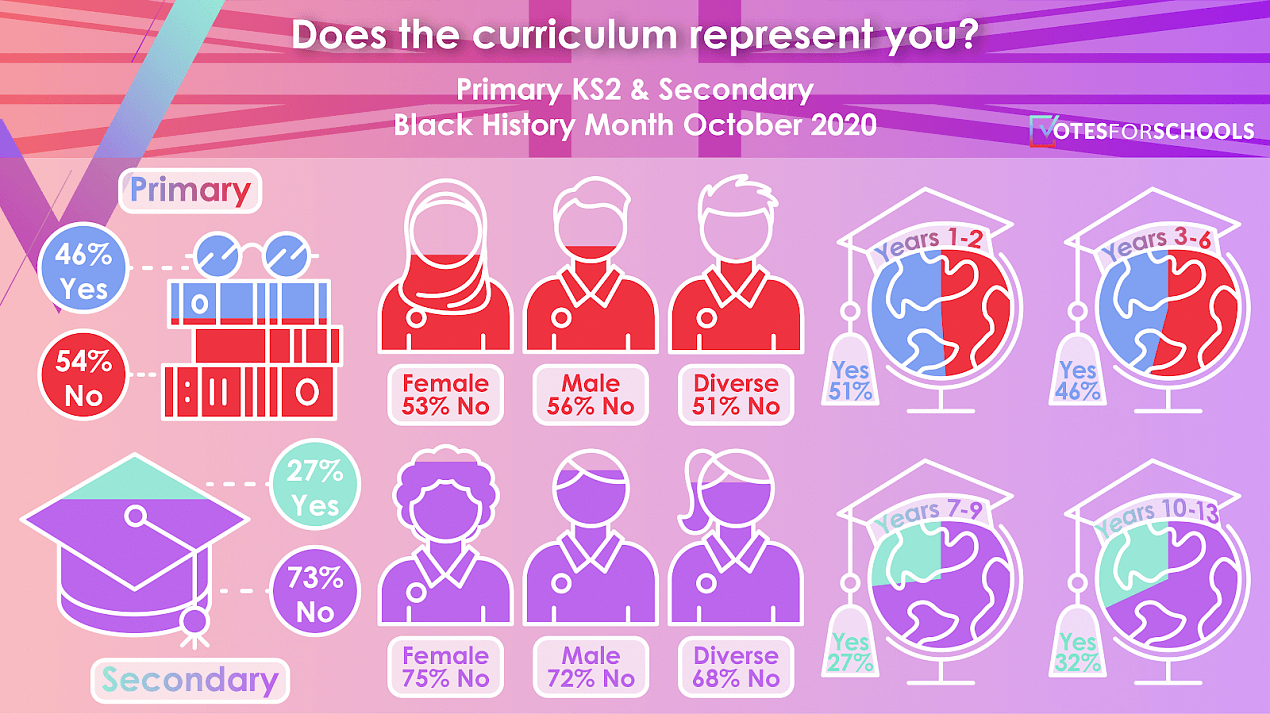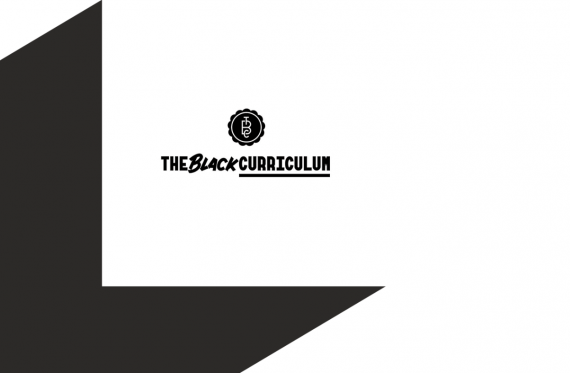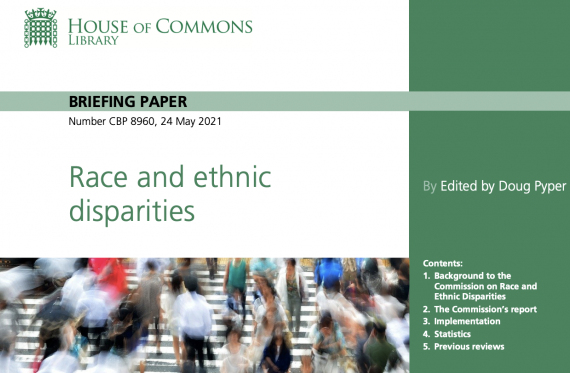.
To mark Black History Month 2020, the team at VotesforSchools decided to tackle a longstanding debate whose significance was only heightened by the death of George Floyd and subsequent Black Lives Matter protests worldwide. We asked our voters, from KS2 all the way to Colleges:
.
.
The result was pretty decisive, with 54.2% of KS2 pupils, 73.1% of Secondary students, and 58.4% of 16+/College students voting No. Take a closer look at the difference in demographics for Primary & Secondary below:

.
With over 30,000 children & young people voting on this topic throughout October, there were a wide range of comments from voters about their decision. For those who voted No, some highlighted the brevity and inconsistency of representation - “I think that although we do some lessons based on my culture/religion it is usually only for a few weeks. I would love it if we focused more on my culture/religion for longer” - while others expressed how there was virtually no representation at all for any oppressed group and the issues this causes: “From the lack of LGBTQ+ history to the complete absence of modern racism and oppression, our curriculum does not educate us on the continuation of oppression after the 1950s. It is as if they want us to think it ended years ago, when in reality it is still as relevant today.”
.
The comments for Yes were similarly empathetic and thoughtful, with the majority of voters acknowledging that what may be true for them is not the case for others. One said, “I think it represents me quite well but I don’t think it represents some of my classmates very well,” while another claimed: “I am a very average straight white person, so it represents me, but I recognise people who don’t fit those boxes may not learn about people similar to themselves.”
.
However, the debate and feelings of our voters can probably best be summed up by this comment:
Student Voter
.
So, given the direct insight into classrooms provided by this debate, we reached out to a range of organisations to see what they thought of the results. All of the feedback we received only served to highlight how attuned our voters are to what lies at the heart of this issue and what the solution is. Here’s what some of the experts had to say...

We were thrilled to receive a response from The Black Curriculum, whose very purpose is to advocate for a curriculum that promotes and celebrates Black history, thereby representing young people across the UK. Head of Delivery & Development, Natalie Russell, spoke of the need to make a sustained effort all year round, not just during October:
The Black Curriculum
Rachel Elgy, Business Development Manager for EqualiTeach, expressed her desire for all schools to follow suit when it comes to asking young people for their insight:
Similarly, CEO of Race Equality First, Aliya Mohammed, described the importance of diversifying our curriculum in order to accurately reflect - and respect - the society in which we live, and Rachel Elgy, Business Development Manager for EqualiTeach, expressed her desire for all schools to follow suit when it comes to asking young people for their insight:
Race Equality First

Don't Settle

This topic in 2020 was just one of many conversations that VotesforSchools has facilitated in schools regarding Black Hsitory Month. In 2021 we asked 38,595 young people if we celebrate our differences enough and in 2022 we asked 47,420 young people if actions were more impactful than words. You can find out the results of these topics, and how we are using them to make a positive change here.
Alternatively, all of our most recent topics on equality and identity can be found on our results page:
See our recent results.
With many different groups involved with campaigning for a more representative curriculum, and with support from residents across the UK, the Petition "Teach Britain's colonial past as part of the UK's compulsory curriculum" gathered 268,772 signatures and was debated in Parliament in June 2021. Ahead of that debate, the House of Commons released a debate pack outlinining the related National Curriculum guidance at the time, and the many calls for change, including the Black Curriculum's 2021 report.
.
The House of Common's report also mentioned MP Nick Gibb, and his reponse to hearing that many young people do not feel represented in their curriculum. In the oral evidence session in February 2021, the chair put to Nick Gibb MP that "young people who have been educated under this Government’s curriculum...say they do not see themselves reflected in the curriculum that they have been taught. They have conducted a survey and the evidence is all there. While you reflect on what you would “hope” has happened—you have used that word—and you “hope” people will have a diverse curriculum and a diverse education experience, the reality that has been presented to us by many young people is that they do not see themselves reflected."
.
Nick Gibb MP said of diversity in the curriculum: "I think it’s also important that all young people in Britain are taught a common curriculum, so that we all understand our history and we are all introduced to the key literature that unites us all as a nation. That can be literature from all backgrounds."

All of these events, and many predessessing events, led to the creation of the Independent Commission on Race and Ethnic Disparities (CRED) who published a report in March 2021. The report made 24 recommendations in areas including data, education, employment, crime, policing and health.
With regards to our study on representation within the curriculum, the following recommendations were made:
In response to the report, Prime Minister Boris Johnson made the following statement: "The Commission on Race and Ethnic Disparities was launched to conduct a detailed, data-led examination of inequality across the entire population, and to set out a positive agenda for change. I want to thank Dr Tony Sewell and each of the commissioners for generously giving their time to lead this important piece of work. It is now right that the Government considers their recommendations in detail, and assesses the implications for future government policy. The entirety of government remains fully committed to building a fairer Britain and taking the action needed to address disparities wherever they exist."
.
The Government also created a report with their reponses to the recommendations. They wrote:
.
At the time of updating this article, it is July 2023. Online searches for the Model Curriculum show no results in the year 2023, but with the proposed publishing date of 2024 approaching, we'll be updating this page with any updates that arise.
.
We are incredibly grateful to all these organisations for sharing their thoughts on this prescient topic and driving the issue to the front of the Government's mind. However, we are most grateful to our voters, who have shown time and time again that their voices really can (and will) shape the future of our society. Going forward, we sincerely hope that their votes can be turned into tangible action, and that they will see the change for which they advocated so passionately in their own school environments. As the biggest stakeholders in their education, it’s the least they deserve.
See more of our Impact